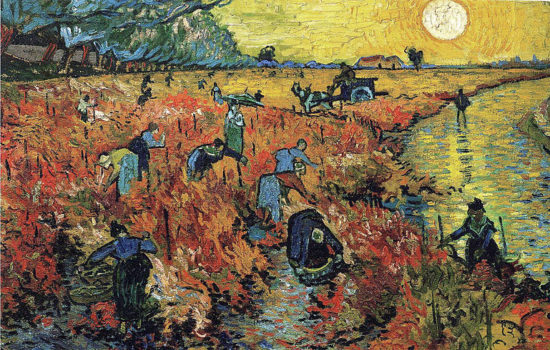Following the scientific opinion delivered by EFSA in 2016, the Commission Regulation (EU) 2018/290 will enter into force on 19 March 2018, introducing new maximum levels (MLs) of glycidyl fatty acid esters in vegetable oils and fats, as well as in infant and children foods. Foodstuffs lawfully placed on the market before this date may remain on the market until 19 September 2018.
Regulation (EU) 2018/290 sets the maximum level of 1000 µg/kg for glycidyl fatty acid esters expressed as glycidol in vegetable oils and fats placed on the market for the final consumer or for use as an ingredient in food.
The level is reduced to 500 µg/kg for vegetables oils and fats intended to be incorporated in baby foods or processed cereal-based food for infants and young children, as required by Regulation (EU) No 609/2013.
The regulatory act also establishes MLs for the following final foodstuffs, such as infant formula, follow-on formula, and foods for special medical purposes intended for infants and young children.
In the case of liquid items, the permitted level of glycidyl fatty acid esters expressed as glycidol will be set at 75 µg/kg until 30.06.2019, and subsequently lowered to 50 µg/kg as from 01.07.2019. Whereas for powder items, the ML will be at 10 µg/kg up until 30.06.2019 and down to 6 µg/kg thereafter.
These MLs will be incorporated in a dedicated annex to Regulation (EC) No 1881/2006. In its original version, this regulation addressed the chemical hazard of 3-monochloropropane-1,2-diol (3-MCPD) by setting a ML of 20 μg/kg for soy sauce and hydrolysed protein.
Questions? Queries? Fill out the form and receive a personalised quote for assistance with all your EU food law compliance needs!














